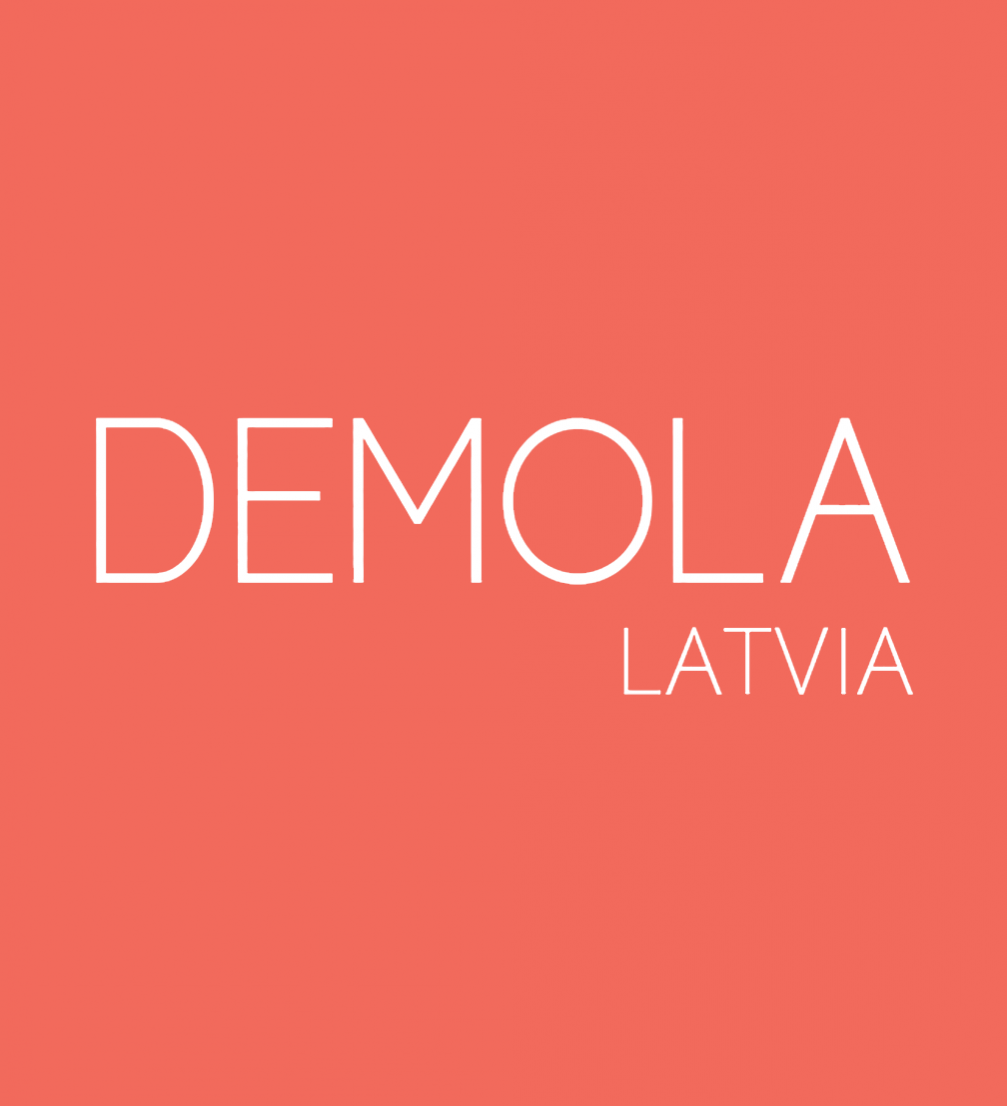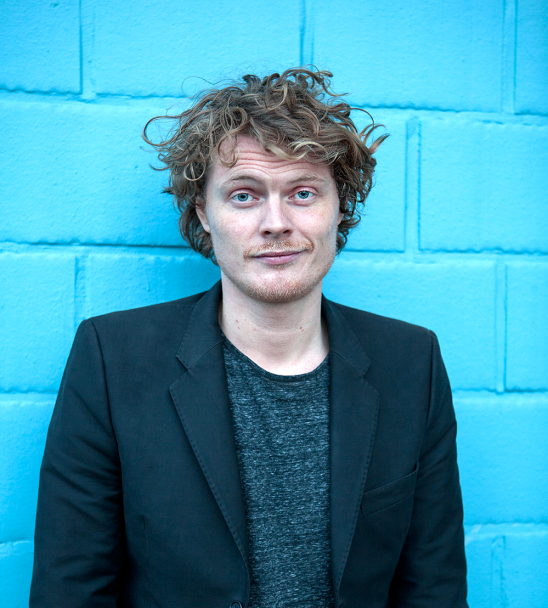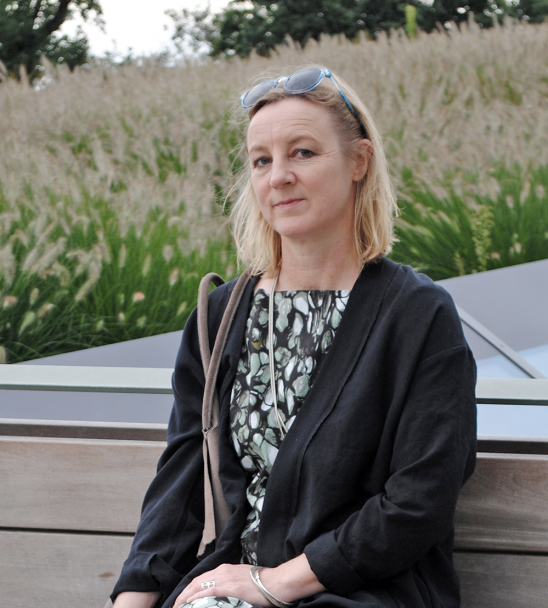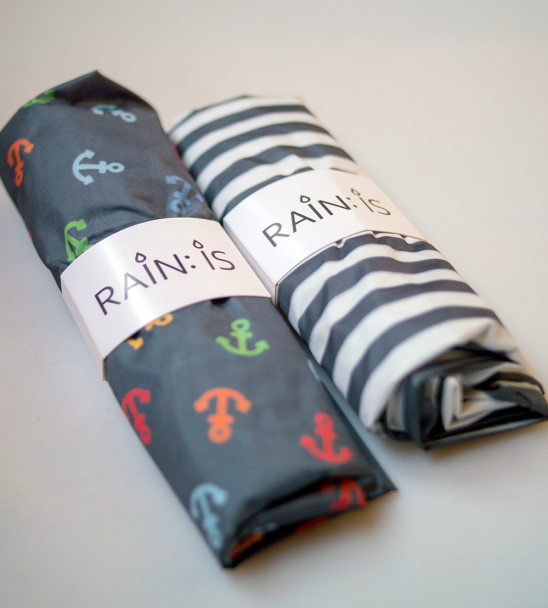
At the end of January, a branch of the international innovation platform «Demola» opened in Riga. It brings together universities, companies and students of different fields to find solutions to real–life problems and create ideas for new products and services, which are going to have a real–world impact.
How does it work?
Companies send in their briefs to «Demola Latvia», which publishes them on its website. Students choose a problem to work on according to their field of studies and professional interests.
«Demola Latvia» along with invited industry professionals select potentially strongest students for every task submitted and put together an interdisciplinary team of 3 to 5 people. In the next 4 months the team works on finding a solution for the problem and takes part in training courses, where professors and experts of different fields give advice on how to implement ideas and persuade companies of the efficiency of students’ products.
Working language of «Demola’s» events, presentations and training is English, making it possible for foreign students to take part in solving problems of Latvian companies, but for Latvian students — to work in other platforms of the «Demola» network while they are taking part in exchange programmes abroad. An international platform means that at final presentations representatives of other «Demola» branches are present and foreign experts are invited to the train the students.
If a company is willing to put the provided solution into real use, they can buy it from the students. But if the idea needs to be worked on, the company motivates students with prize money, and they can develop the idea further or realise it in another project. Lilita Sparāne, head of «Demola Latvia» team and executive director of Latvian IT Cluster, highlights this value as the major difference among other innovation activities: «The enterprises need only an existing problem to enter the platform and no initial investment, but the students can collaborate and have their ideas evaluated by international organisations.»
Everyone benefits from joining the platform — students gather experience by working in an interdisciplinary team and learn to understand their chosen profession better. Universities, in their turn, are able to identify the real market demand and improve the quality of studies, but companies get a new perspective on their products and services, and may find talented employees.
An ambitious initiative from Finland
The idea of an innovation platform was born in Finland in 2008. Currently«Demola» network has laid its roots in 8 cities — Vilnius in Lithuania, Budapest in Hungary, Malmö and Norrköping in Sweden, Maribor in Slovenia, Tampere and Oulu in Finland, and now in Riga, where the platform is managed by the Latvian IT Cluster. Lilita Sparāne explains that the programme has involved hundreds of companies and around 2000 students. The platform has carried out over 200 projects, 90% of which have been successful. «Demola Latvia» intends to implement at least 12 projects this year and has already engaged in collaboration with Latvian Electrical Engineering and Electronics Industry Association, Association of Mechanical Engineering and Metalworking Industries of Latvia, Transport and Telecommunication Institute, University of Latvia, Riga Technical University, Art Academy of Latvia, Riga Business School, Ventspils University, BA School of Business and Finance, Riga Stradins University, University «Turība», Association of Latvian Travel Agents and Operators and NGO«Go Beyond», and is open for future collaboration possibilities with organisations and companies. «Demola Latvia» also collaborates with software quality assurance centre «Squalio», which will offer a chance for the students to use their testing infrastructure for complex IT solutions.
A space for experiments
«Demola Latvia» is interested in long–term results — the frequently noticed problem of entrepreneurs working without the involvement of specialists of other industries, which slows down development, could be averted if the students collaborated while they are still studying. By working in «Demola» students have a real chance of changing the industries future «rules», by creating innovative and seemingly reckless projects. Architecture student Matijs Babris got to know the advantages of the platform while participating in «Demola’s» introductory event: «Unlike other competitions, where you get evaluated by a jury or viewers, here the team works directly with the client, for example, «Microsoft» or «Intel», thereby the experience you gain is more valuable, because the particular situation is a real problem, which needs a real solution.»
The acquired experience can significantly affect the future prospects of students. «A record in your CV that your idea was bought by «Samsung» is worth more than stating that you’ve been awarded in international competitions. And if you don’t convince the client of the originality of your idea, there is always a chance to try implementing it yourself, because the process is lead and consulted by professionals, hence the result usually is good and viable,» continues Matijs.
Warming up
«Demola Latvia» has opened its first call for applications for companies, institutions and organisations — they can submit suggestions for new products and services until February 28. In the application the company needs to define a problem, describe the task and instruments to be used in working on the solution, introduce themselves and outline the expected outcomes. The companies may list the knowledge and skills necessary for solving the task. More information on the application process can be acquired by writing to «Demola Latvia» team to demola@demola.lv. After February 28 application for students is going to open, and a meeting in mid–March will mark the beginning of the platform’s spring semester and kick off the 4–month period of creating solutions that will be presented for the companies at the end of it.





Viedokļi